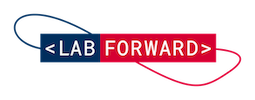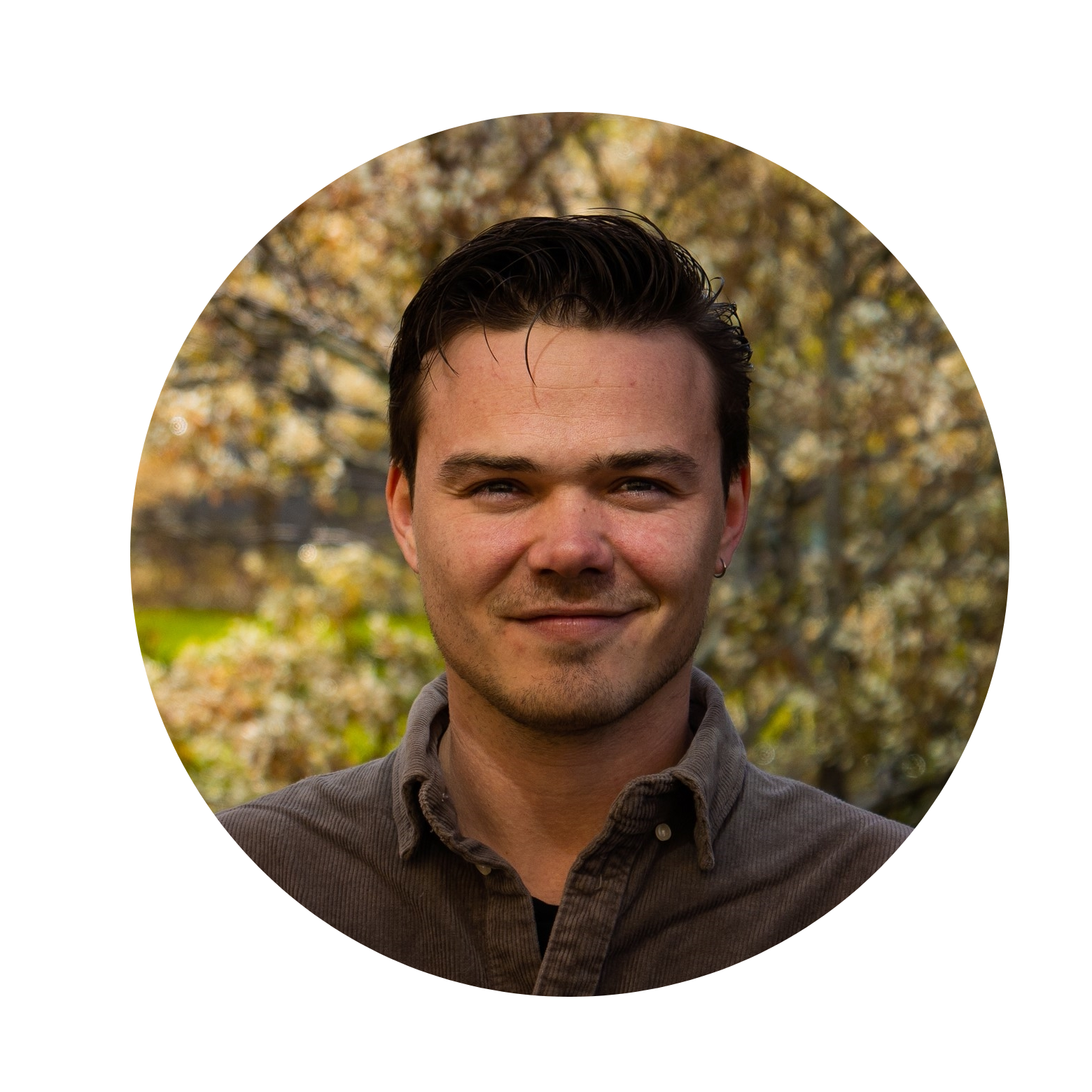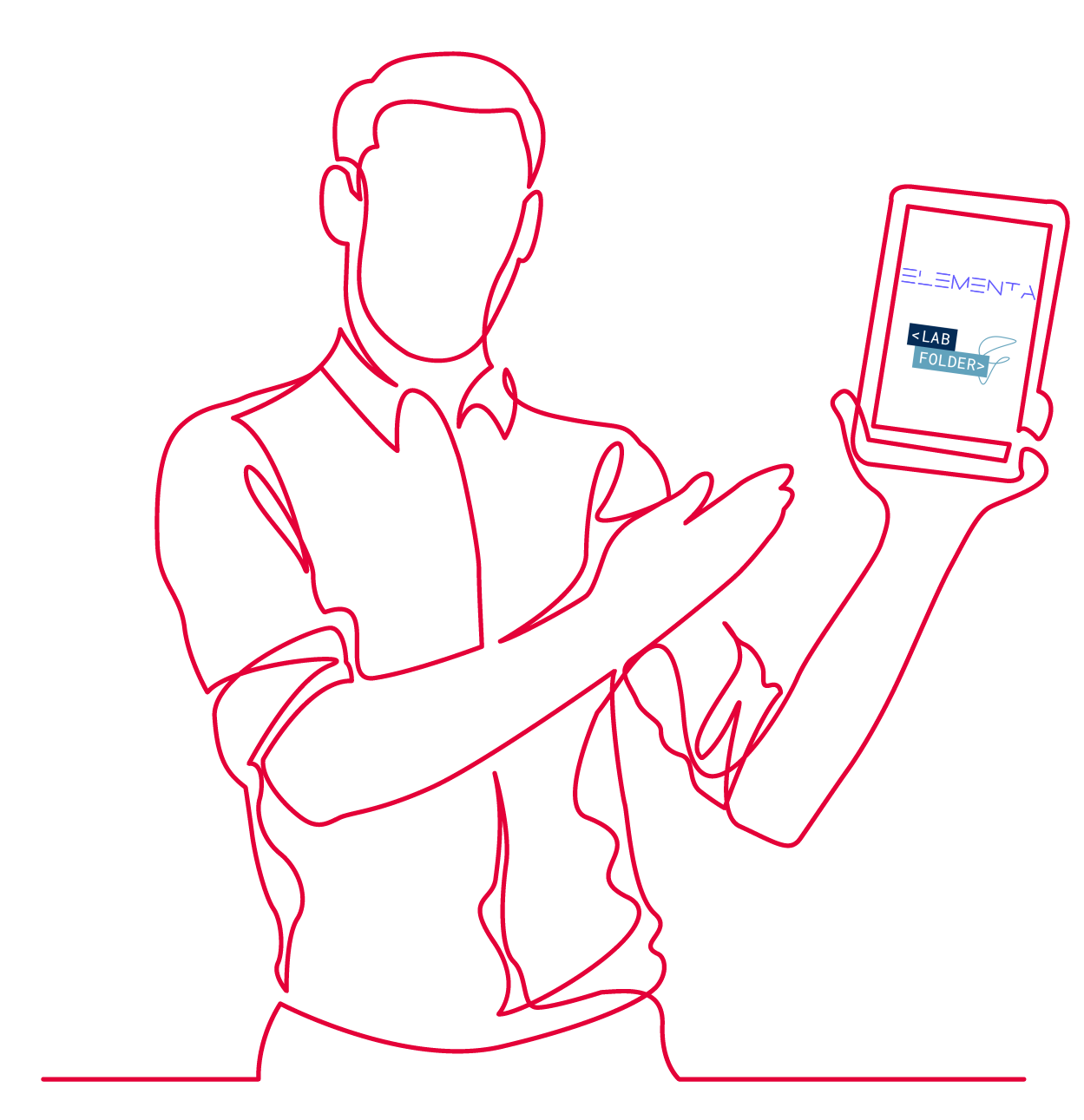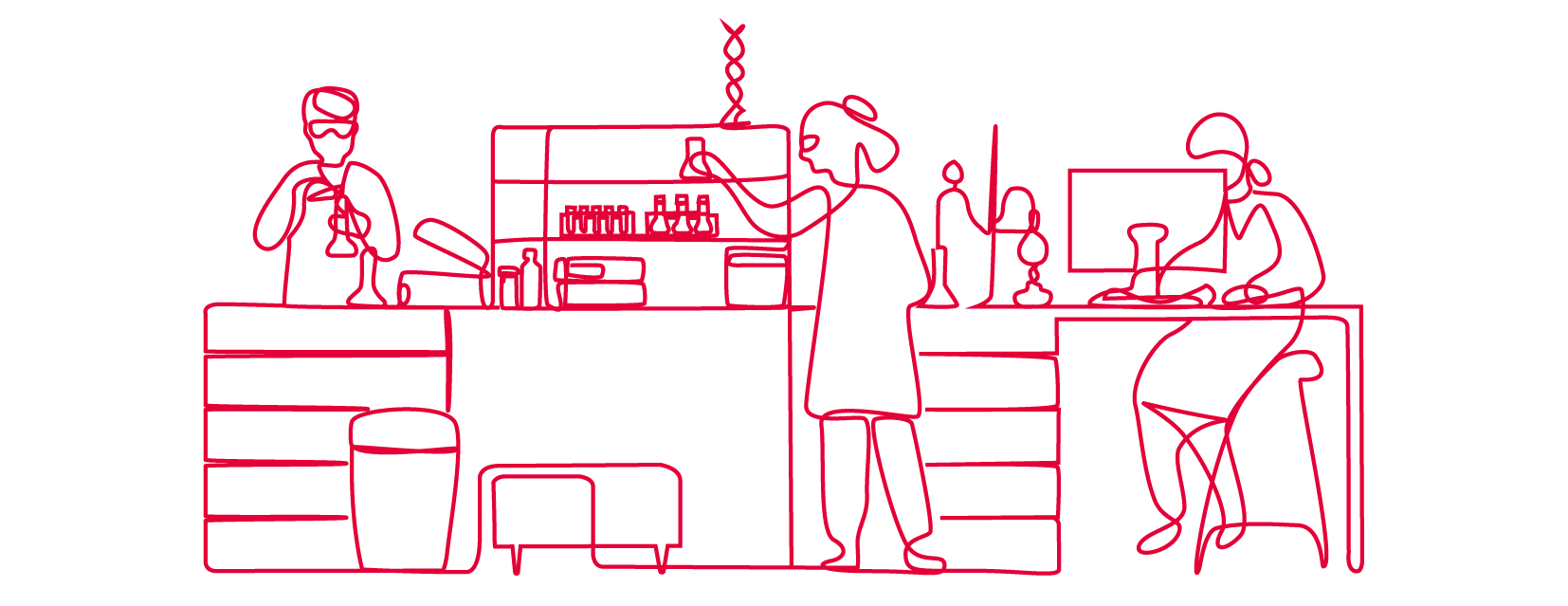Elementa technology goes far beyond note-taking, as it is also possible to set up protocol narration which provides step-by-step guidance through the actions that need to be taken in an experiment. This is especially well-suited for experiments involving some types of DNA sequencing such as whole genome amplification or next generation sequencing, where it is imperative that the experiment stays completely sterile and has no contact with external DNA (a particularly difficult task, considering every human being is made up of their own DNA). Hands have to remain inside a clean hood at all times and can’t for example be used to turn the page of a paper protocol. Yet with Elementa, the protocol can be dictated to the scientist by the voice assistant, alleviating the potential issues that could cause errors, leading to experiment repeats resulting in reductions of productivity.
Speaking more about the work Elementa Labs has done with different laboratories, Lirry Pinter highlights that they “tested a variety of labs and one finding is that each one is a little bit different and brings its own set of challenges. Some researchers have to work in very loud environments, others work in dark rooms. We want to make sure that our solution can perform in any of these laboratories.” He goes on to give an example: “we recently made a functionality which allows you to tweak the voice assistant to the surroundings you’re in to ensure that whatever the environment, it’s always going to be a perfect match and respond to your natural language”. Elementa voice recognition even works directly in front of noisy safety hoods.
Elementa technology differs from an Alexa or Google Assistant because it is designed purposely for the science sphere. Not only does it respond adaptively to a range of different environments, it also accurately responds to scientific terminology, which can be a real barrier in the commercial voice assistants that are better suited to furthering smart home initiatives. Simply ask Elementa where a specific item is and it can gather information from your inventory management system and tell you where it is located. Or ask Elementa to record your observations as you look into a microscope. The use cases are endless and encourage not only more flexibility, but more efficiency in documenting your research and overseeing your entire laboratory management.
Using Labfolder and want to know more about how you can integrate your ELN with Elementa technology? Please get in touch with either contact@labforward.io or navigate here to set up a free demo.
Want to watch the full interview with Lirry? Watch below or navigate to our Youtube channel!





Comments are closed.